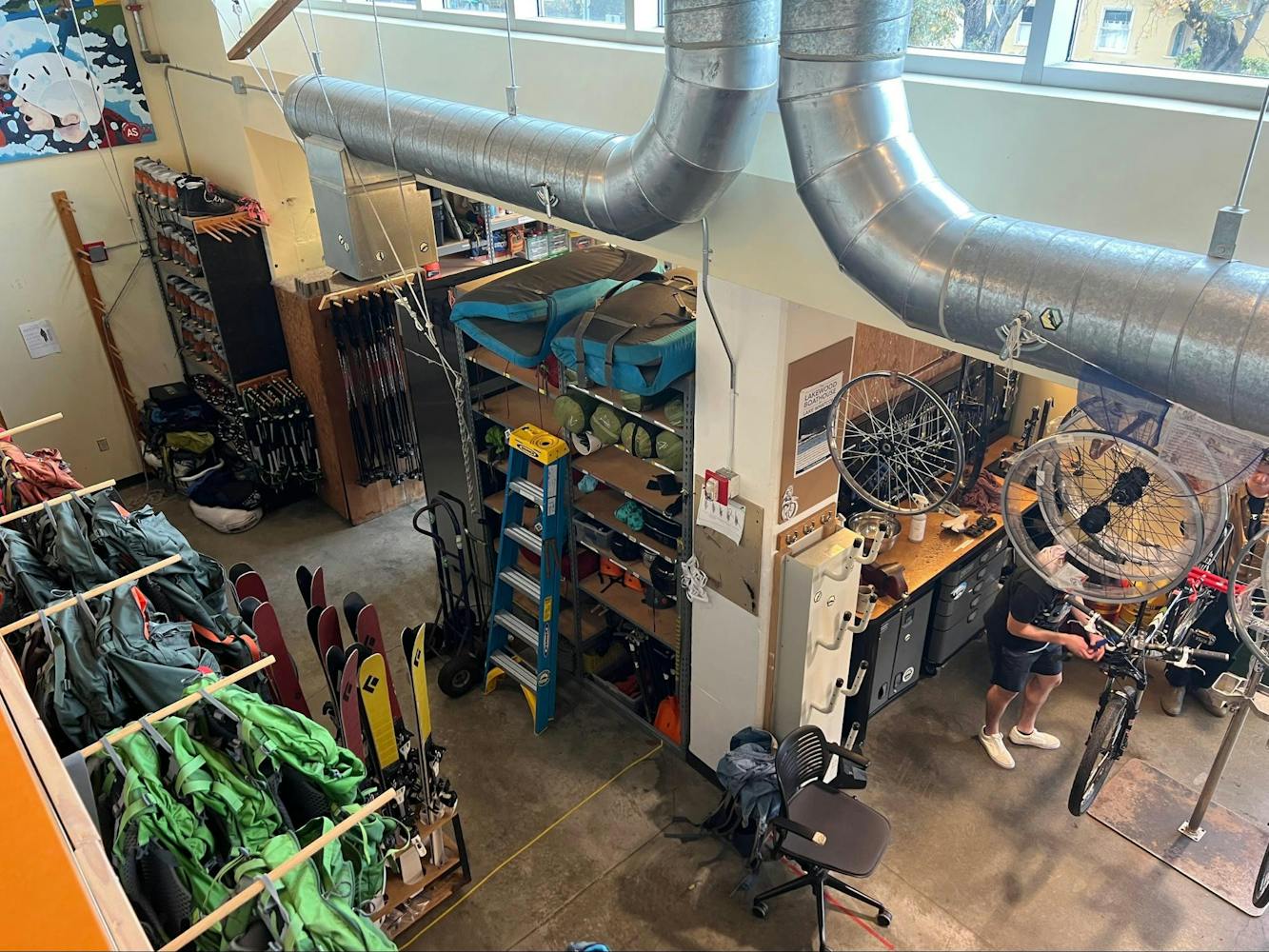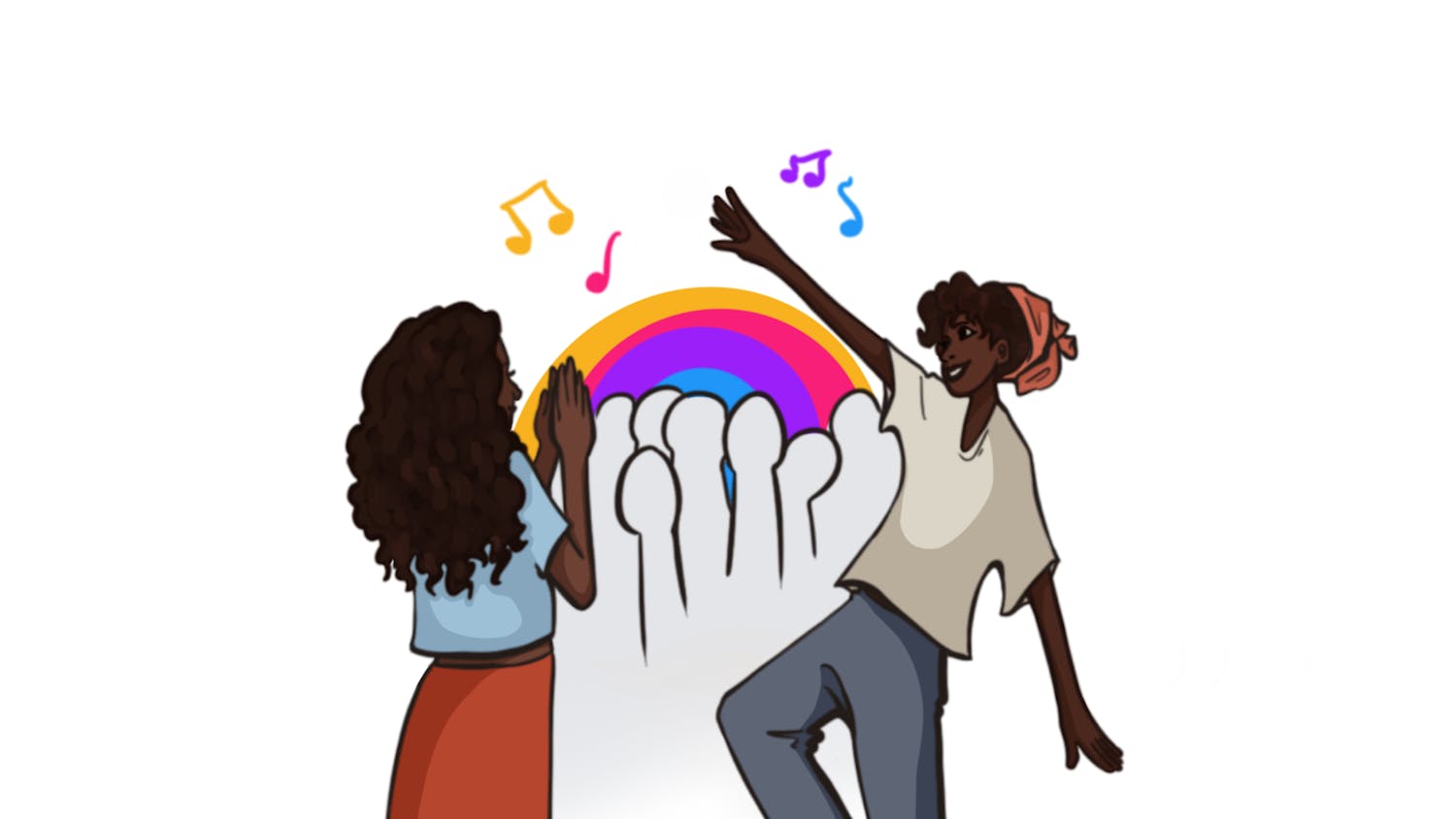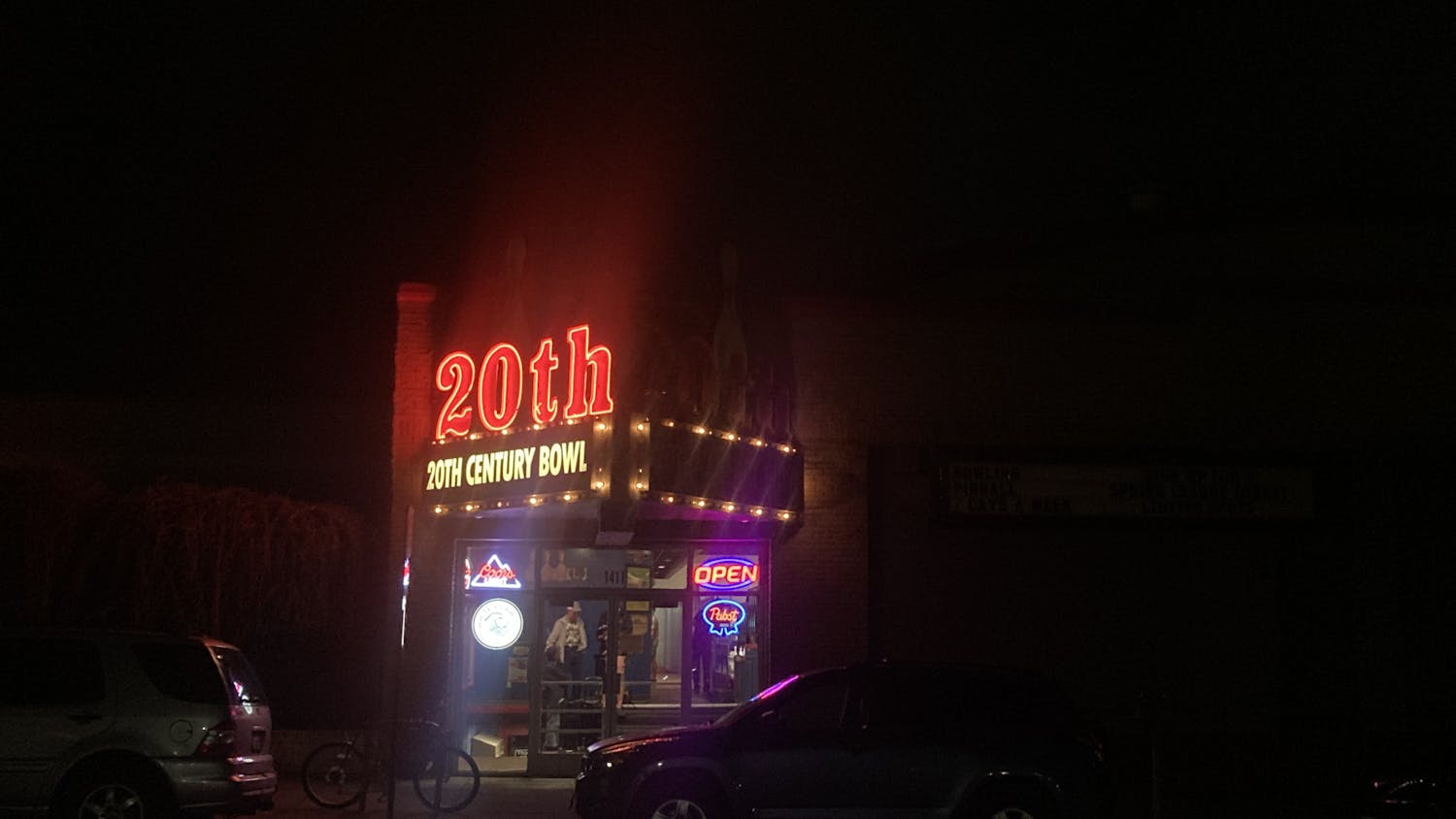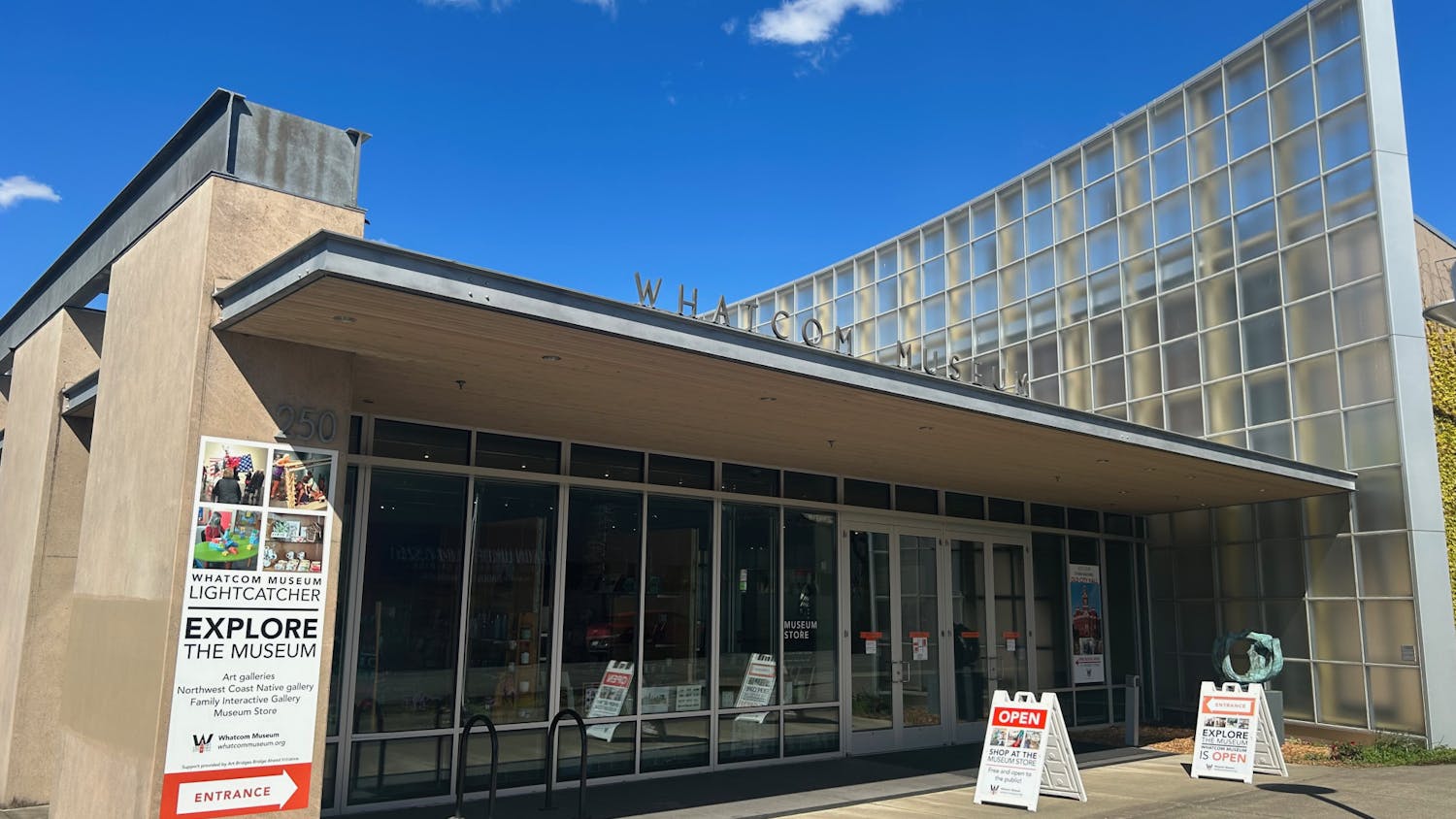Western Washington University’s Outdoor Center is hosting the No Man’s Land Film Festival on Nov. 8 in celebration of women and non-binary people in outdoor recreation.
The film series, which is based out of Colorado, will be shown for the fourth time on Western’s campus at 6 p.m. in Arntzen Hall 100.
Every year, the festival produces different collections of short films by and for women and non-binary people. It’s a traveling festival, meaning that different groups across the country can sign up to host the event. The last time it came to Western was in 2021.
For $7, students can see ten short films about accessibility in the outdoors. Faculty, staff and community members can attend as well for $12. The proceeds from the event will go to Shifting Gears, a local organization that offers programming and education on outdoor sports at no cost to community members.
Shifting Gears offers mountain biking, sea kayaking, monthly climb nights at Vital, backpacking, hiking and other outdoor recreation activities, board member Julia Scherting said.
Other organizations in the community, such as the Adaptive and Inclusive Recreation of Whatcom County Project, will be tabling during the festival’s intermission.
Event organizers Parker Eckhardt and Katrina Doerflinger wanted to avoid the trend of $25-$30 tickets they noticed at other showings across the country.
“We don’t want this to become another exclusive space, even though it’s not necessarily identity-based,” Eckhardt said. “Having a price point that high can really dissuade a lot of people. I know it would probably dissuade me.”
The two emphasized that they don’t want students to feel like they have to be a gender minority to attend the event.
“Even though the film is focused on this group, the point is that the audience is full of everyone and is there to support. So bring friends from far and wide, no matter their identity,” Doerflinger said.
Outdoor recreation is big in the Pacific Northwest, but spaces where sports like climbing and hiking are encouraged are often overwhelmingly white and male-dominated.
Western fourth-year Cassi Austin-Merlino grew up in the Copper River Watershed in McCarthy, Alaska. Despite years of experience river rafting and working as a guide, they have still encountered difficulties being taken seriously in the field due to stereotyping.
“I think that one issue that exists in Bellingham is elitism and the pressure to be the best at everything you do,” Austin-Merlino said. “As much as it can be really rewarding to get super good at a sport, I think that we also need to be receptive to people who want to try new things and teach them the risk-management and safety skills of that sport, rather than not including them at all.”
Seattle nonprofit Climbers of Color is another group that aims to break down stigma in outdoor recreation for Black, Indigenous, and people of color.
The organization works to uplift leaders of color, both recreationally and in expedition guiding. They offer outdoor courses, meetups, virtual training and scholarships, said Director of Rock Instruction Sof Petros.
“It’s getting much better than the way that I entered climbing, even a couple years ago. It feels really cool to be able to interrupt patterns in climbing, like none of my students are going to have to unlearn the things that I had to unlearn because they’re learning in positive containers, so that’s really exciting for me,” Petros said.
Everyone benefits from tactics practiced in affinity spaces that are normally labeled as feminine or not professional, Petros said.
“Things like getting up on a static rope next to somebody and coaching them, or doing more front loading, or doing check-ins about emotions, and that kind of psychological care as people are climbing,” they said.
Petros said climbing media, such as No Man’s Land Film Festival, encouraged her to get involved. They said the groups Brown Girls Climb and Flash Foxy were also an inspiration.
“Anybody should be able to get involved in outdoor recreation, and the barriers that exist are something we have to actively break down. People who have the privilege of being able to engage in these activities should be actively using their voice for positive change,” Austin-Merlino said.
Seddie LeBlanc (they/she) is a campus news reporter for The Front this quarter. They are a third-year journalism student at Western with a minor in law, diversity, and justice. In her free time, she enjoys reading and hanging out with friends. They can be reached at seddieleblanc.thefront@gmail.com.









